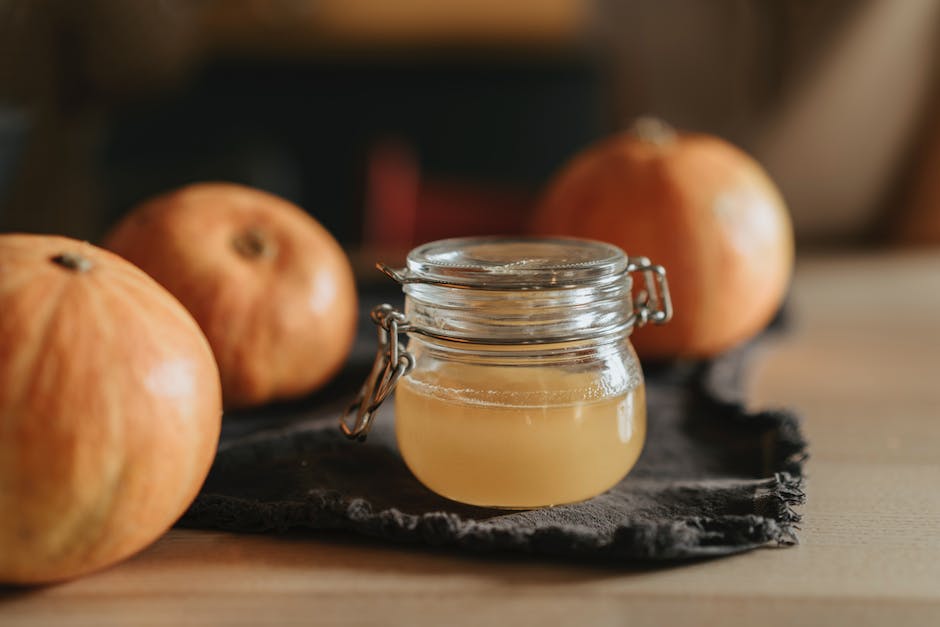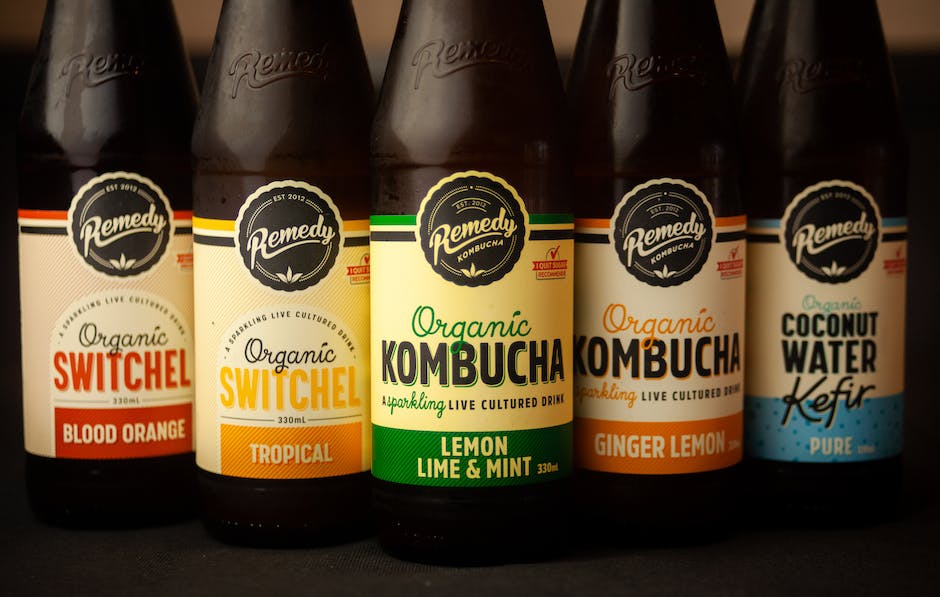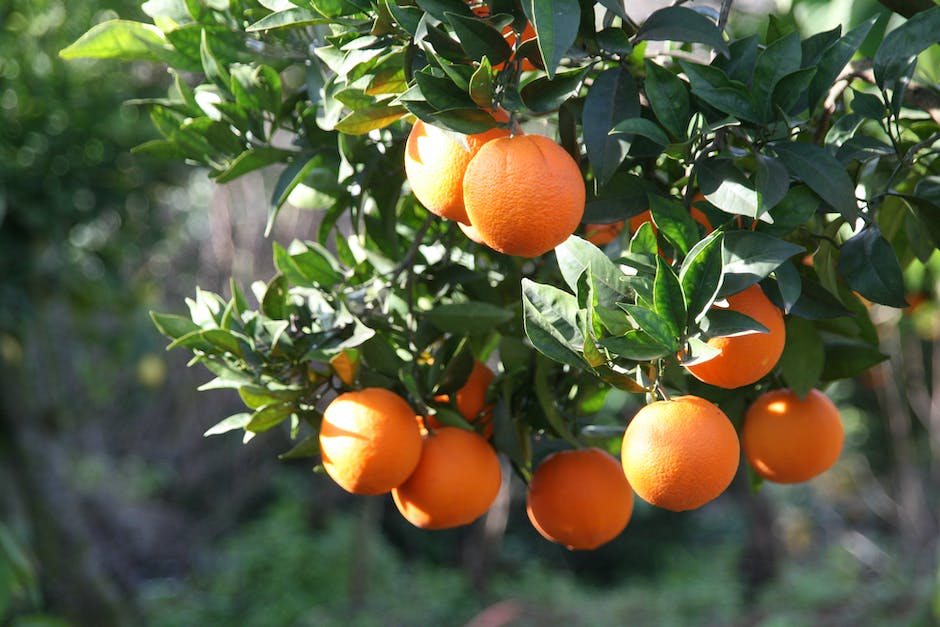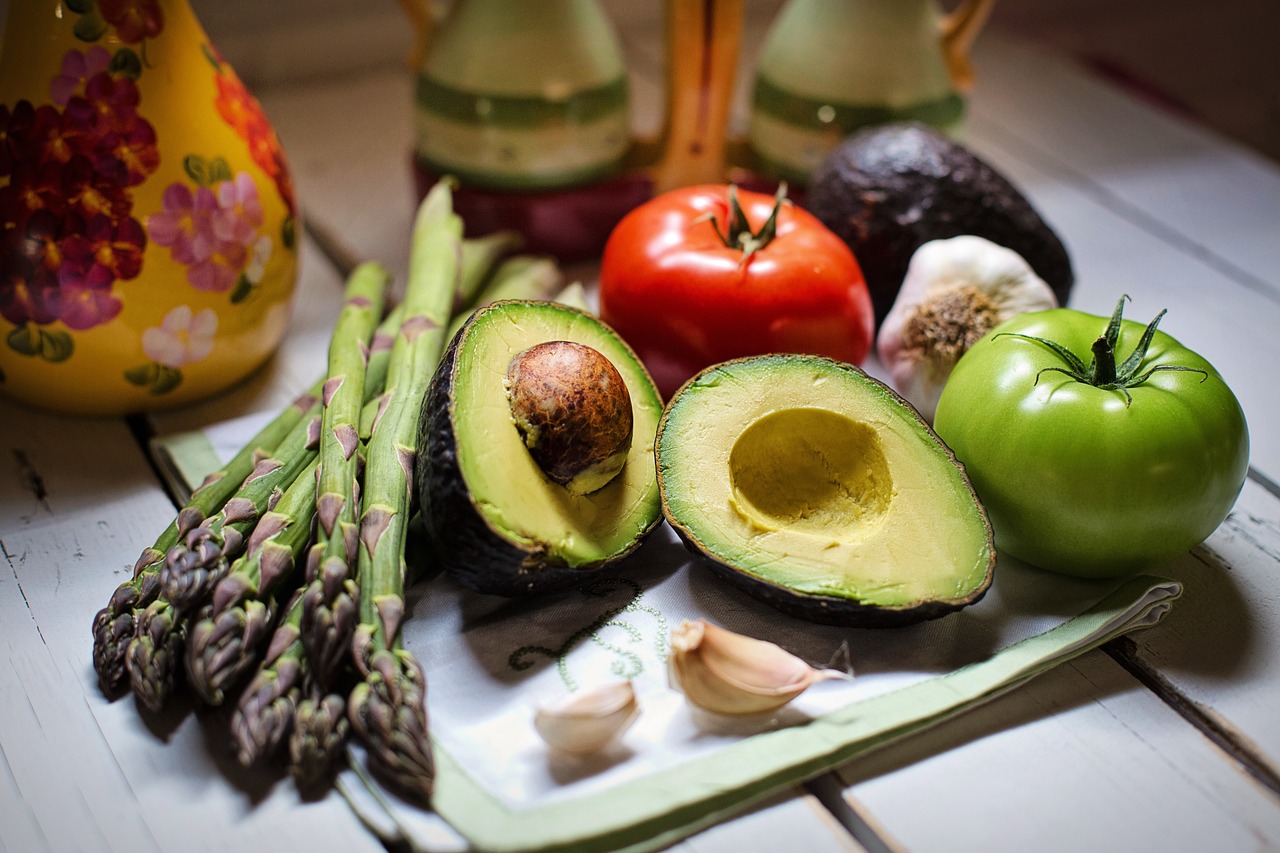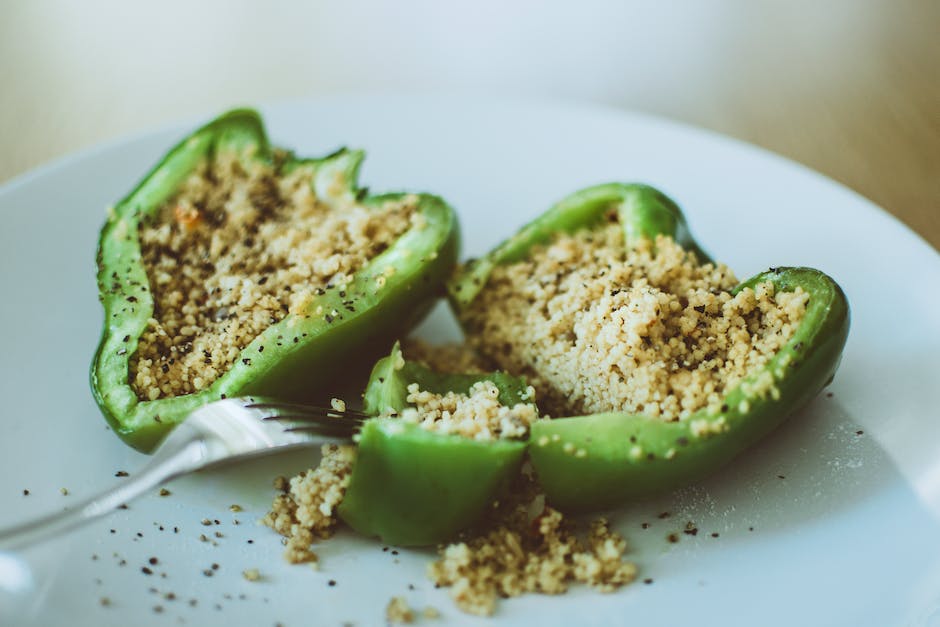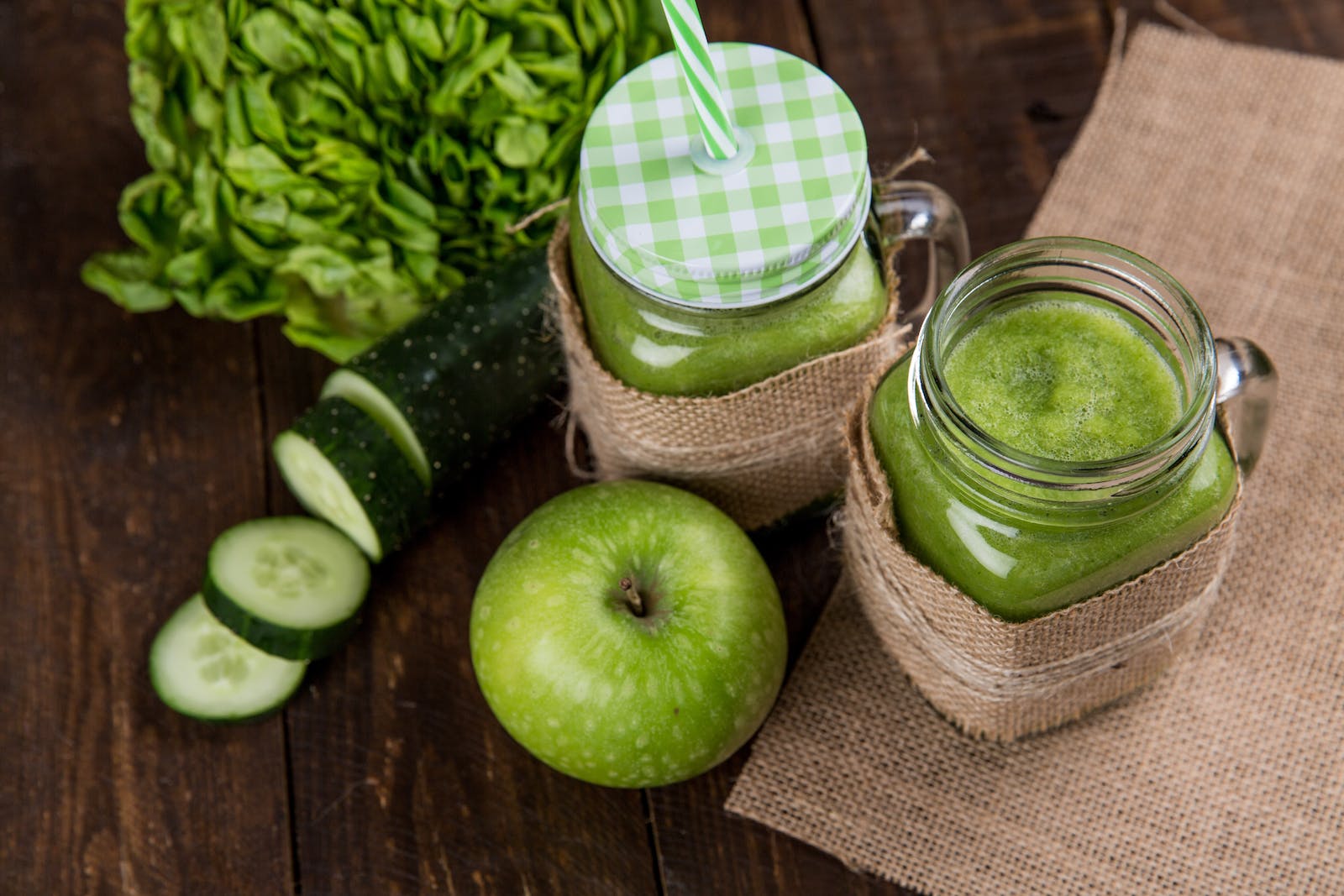
The Pros and Cons of Juicing
Is Juicing Worth the Hype?
Juicing has gained popularity as a trendy way to consume more fruits and vegetables. The practice involves extracting the juice from fresh fruits and vegetables, leaving behind the pulp. Advocates believe that juicing offers numerous health benefits, while critics argue that it may lead to nutrient loss and other drawbacks.
In this article, we'll explore the advantages and disadvantages of juicing to help you make an informed decision about incorporating it into your lifestyle.
Pros
Discover the amazing advantages of adding juicing to your daily routine.
Missing a pro?
Cons
Consider the potential downsides before fully embracing the juicing trend.
Missing a con?
Conclusion
Juicing offers an array of potential benefits, from increased nutrient intake to enhanced hydration. However, it's important to consider the drawbacks, such as fiber loss and potential sugar overload. By weighing the pros and cons, individuals can determine whether juicing aligns with their health and wellness goals.
What do you think?
Do you think the pros outweigh the cons?



